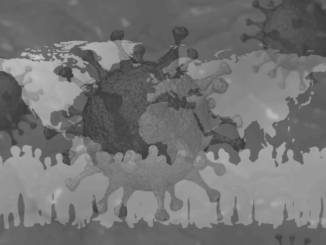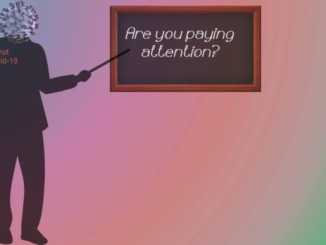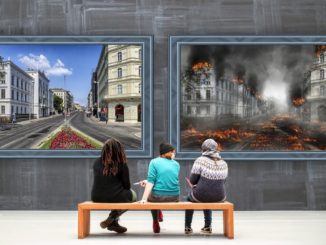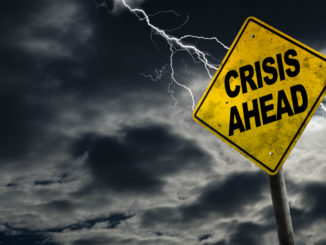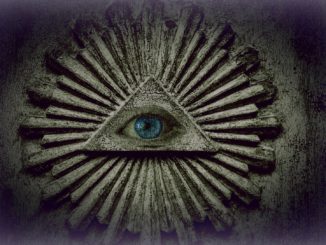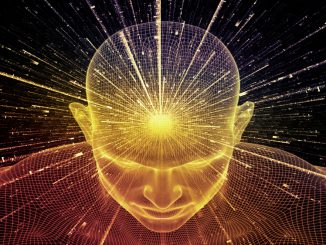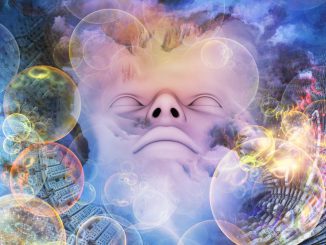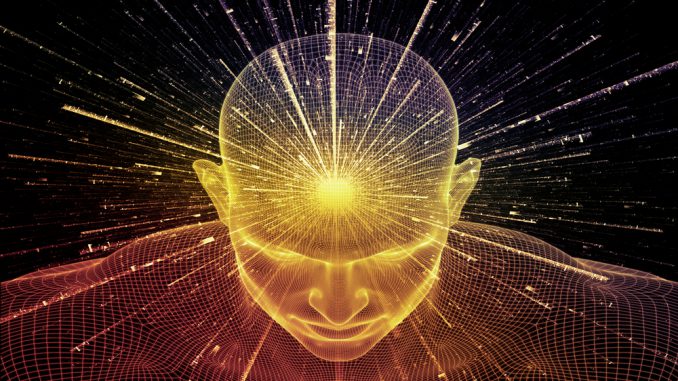
It seems appropriate that any discussion of the spiritual search should start with some basic agreement on what “spirituality” is. This is because it tends to be a very vague term. Everybody seems to have his own definition. For some spirituality is the same as religion. For others it is something beyond the physicality of the material world. And still for others it is a completely empty concept, an abstraction beyond any concrete definition.
While each perspective would explain spirituality with different terminology and ideas, it seems that all the answers still have something in common. Whether we talk about God, universal laws, evolution of consciousness etc., ultimately it seems that we always mean some form of reality that extends beyond our normal senses and beyond the reach of our measurement devices. In fact, this is exactly a statement which a spiritual teacher in one of the major religions once gave about his tradition – that it is a method for experiencing and knowing the reality as it is. So, while the different versions of spirituality might disagree on what there is, they all seem to posit that there is something beyond the reality we currently perceive.
Now, while I do have my own spiritual beliefs and experiences, I will try to stay unbiased and not try to advocate any particular version of spirituality. My point is rather to demonstrate why the spiritual search is relevant for us and how we are actually always on a spiritual path (even when we might not be consciously aware of the fact).
The rules of the game
No matter what we call “reality”, it is for sure that it affects us. If there is any structure, a framework of existence, then the logical assumption is that it functions based on some principles, rules, universal laws whatever we want to call it. As far as the individual himself is part of or functions within that reality, it is implied that the more we know those laws and abide by them, the more we ourselves will function in a smooth manner.
We can use the physical analogy of the car traffic – while obviously we can choose how to drive our car, unless we know and respect the traffic rules, we are much more likely to get into a car accident. Similarly, if there is indeed “a bigger reality” which affects us, the better we know its rules the less “crashes” we will go through in our lives. By the same example, it does not make any difference whether we believe or not in the rules – in any case if we do not follow them, we shall suffer the consequences. Similarly, whether we believe in expanded reality or not, if it does exist, we cannot avoid its effects.
Now, the next question is how do we know if bigger reality exists indeed? What would you say to a person who states: “If such reality exists, I do agree that it is useful to know it better. However, how can you convince me that it does exist? If I am not convinced, following a spiritual path seems to be a waste of time.”
Our own inner hints
This question is obviously not applicable to those who already have their spiritual beliefs but rather to those who claim to believe only in what they can see, hear, smell etc. For the latter, I might not have a definite answer but would rather challenge them with some questions:
“Are you 100% fine with every single moment of your existence? Do you sometimes feel that something is not quite right? A subtle feeling that there is something you are missing in the big picture (even if you might not have any clue what it might be)? Have you ever felt longing without any idea what you long for?”
Most people would answer with “Yes” to such questions without much hesitation. This “Yes” often comes from their own inner voice that tries to attract the attention, suggesting that there is something more to be discovered. The very existence of this voice is an evidence to the existence of a bigger picture. Whether you perceive it as your own subconscious or give it other name, you are puzzled by it exactly because it does not fit into your present perspective and understanding. And if it does not fit, by definition it is beyond. You do not know about its existence but it knows about yours (otherwise you could never hear it). Even if but one time, you have experienced a feeling without a clue as to why you have it, this is a proof of a missing piece.
Am I or am I not?
Paradoxically, it seems that no matter how we perceive ourselves (as believers in God-creator, religious, atheists etc.) in practical terms we always are on a spiritual search. As far as we look for happiness, peace, harmony, material well-being – we are effectively looking for a smooth travel throughout life experience. The very fact of seeking such a smooth travel is a spiritual search because understanding ultimately reality (whatever it might be) is the only way in which the smoothness of the travel can be attained.
The distinction between spiritual and non-spiritual people is purely artificial. We are all in the same boat. We are all spiritual seekers the only difference being whether it is conscious seeking or not. And this is exactly the reason why, contrary to wide-spread attitudes the spiritual search is relevant to each and every one of us – possibly in ways we cannot still imagine.

